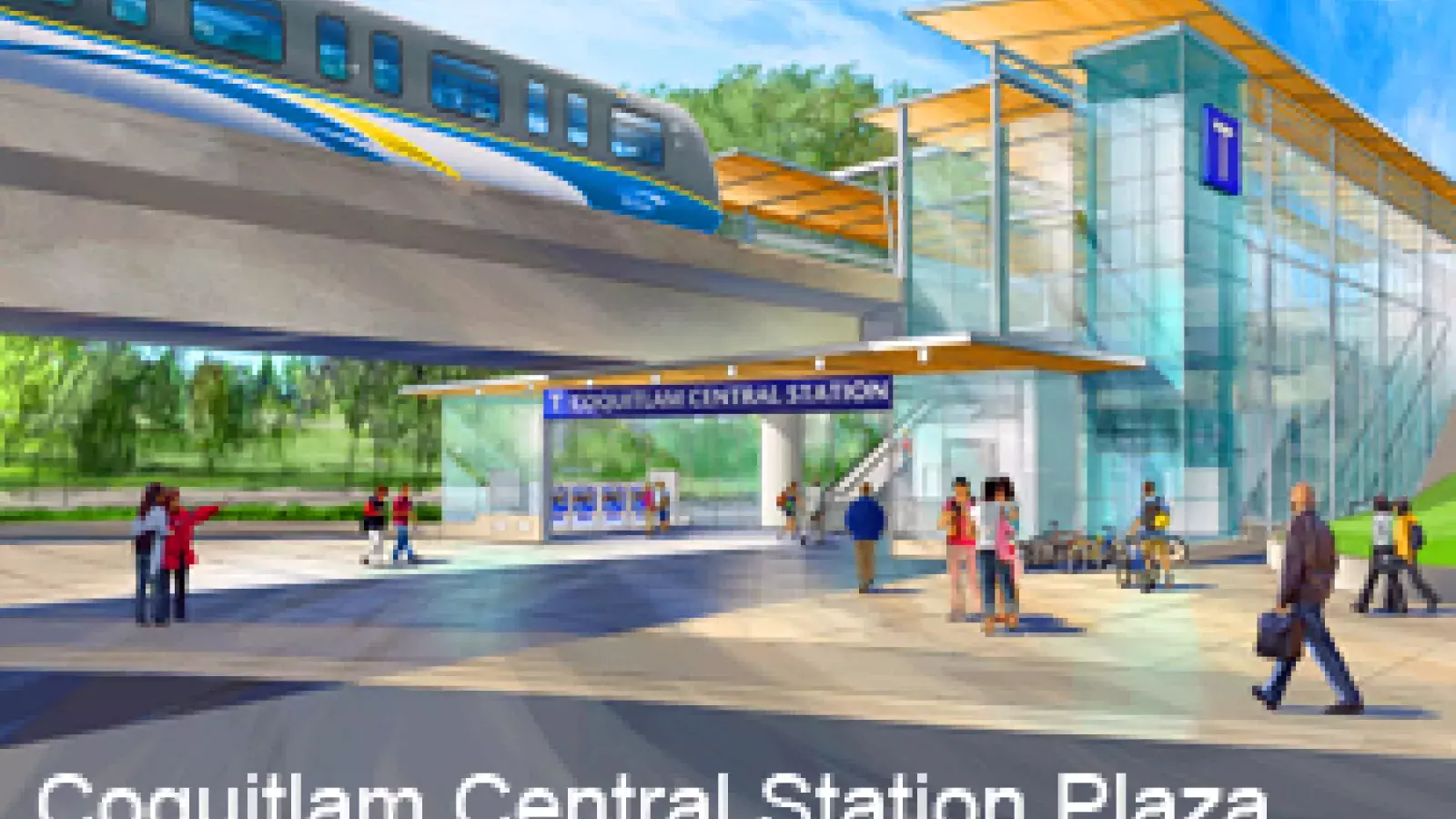Vancouver recently topped a study performed by GPS device maker TomTom as the most congested city in Canada and second most congested in North America losing top honours to Los Angeles. The study suggested that Vancouverites average a daily commute time of around 30 minutes and is highly congested during morning peak times.
So other than the fact that you already knew you spent too much time in your car, what does this mean and what does it have to do with homebuying? Well, everything as it turns out. Increased time spent in traffic and commuting leads to several changes:
- Improved Road Systems - A new bridge is under construction and scheduled to open spring 2013. According to the BC Transportation Investment Corporation the new 10-lane Port Mann Bridge is estimated to reduce travel times by up to one hour per day! These changes were long overdue and could encourage some to prioritize size and space in the suburbs versus smaller spaces closer to the CBD – yet undoubtedly commute times will begin to rise again as more and more people start to use the new bridge.
- Improved Transit - As the city grows in population and continues to be named one of the best places to live (despite the rain and traffic congestion), there will be increased demand along transit lines. We have already seen this happen with the success of new communities such as Marine Gateway at the base of Cambie, along No 3 Road in Richmond, and Coquitlam Centre with the Evergreen Line now approved. People want the convenience of transit so that they can avoid congestion and time in vehicles and use that time sitting on SkyTrain or buses to communicate with family and friends, catch up on reading, or continue working. This time can be used productively and allows for more affordable housing or extra space further from the CBD. To accommodate the influx of people our transit options will need to continue to grow and improve which will in turn affect housing options and prices in those areas directly affected.
- Increased Density - Some people will also make the decision to not hop onto transit or their vehicles. Instead they will opt to make the neighbourhood park their backyard and the corner café their living room. They will choose not to commute but rather live in perhaps smaller spaces in order to skip the commute and enjoy more time with family. They will choose to live in neighbourhoods that are highly walkable with a great deal of community amenities. In order to accommodate this, we will see more and more single family lots turned into apartments and townhomes to fit more of us into our land constricted city.
- Sustainable Living - Let us also not forget that Vancouver is attempting to be one of the greenest cities in North America. To be green and sustainable means to embrace transit, embrace cycling, embrace public spaces and parks, embrace the non-commute and embrace density. If this is truly on the manifesto for the City of Vancouver you can bet that road systems, transit and density are involved and will affect all surrounding cities.
Between affordability issues in Metro Vancouver and increased congestion we can expect to see a shift in the way we view family living and how we live in North America. It means more working opportunities need to be available outside of the downtown core so that we can live and work in the same neighbourhood. It means more transit, more density and a lifestyle change as we opt not for the single family home with a white picket fence; rather we will embrace community amenities as an extension of our homes, live efficiently and with less commutes. The study regarding congestion more than tells us what we already know but more importantly signifies that change is likely on its way.
Cameron McNeill



